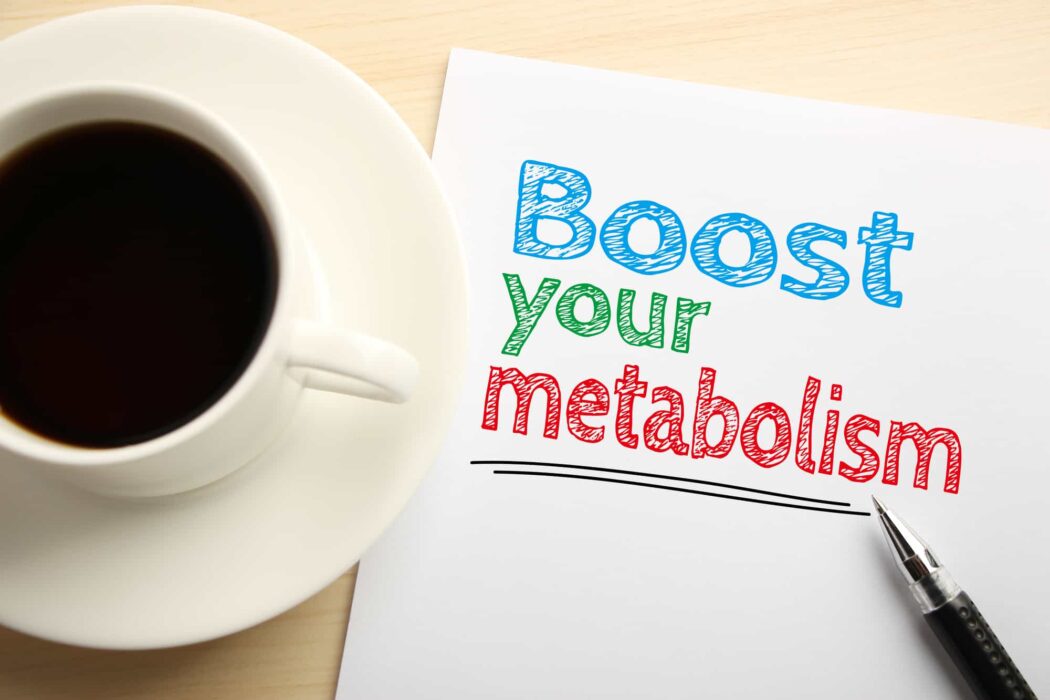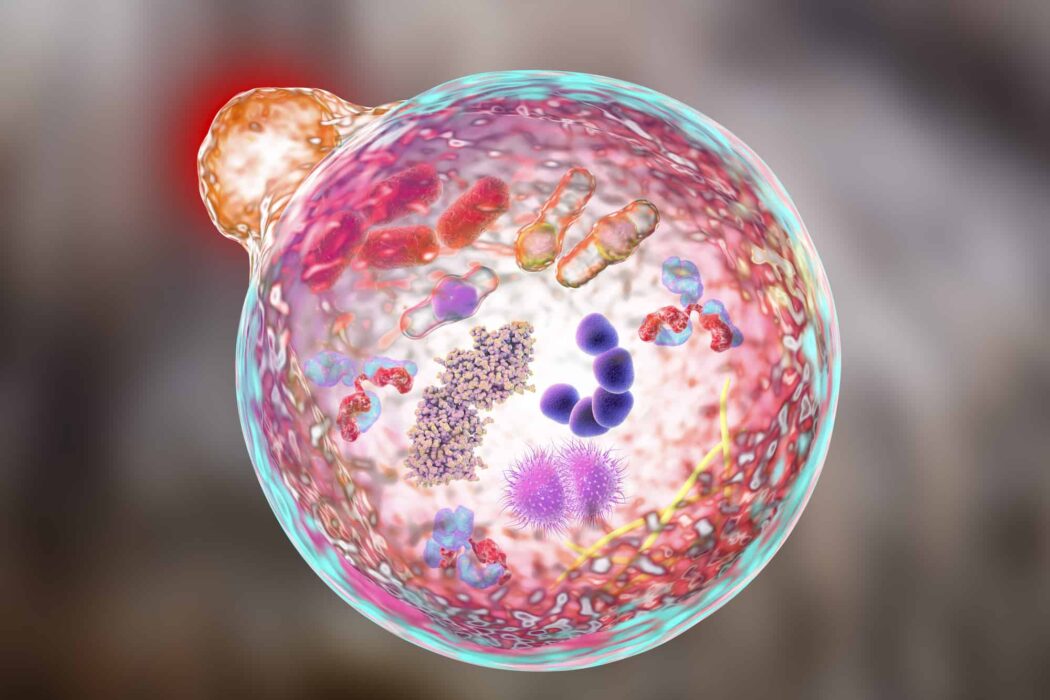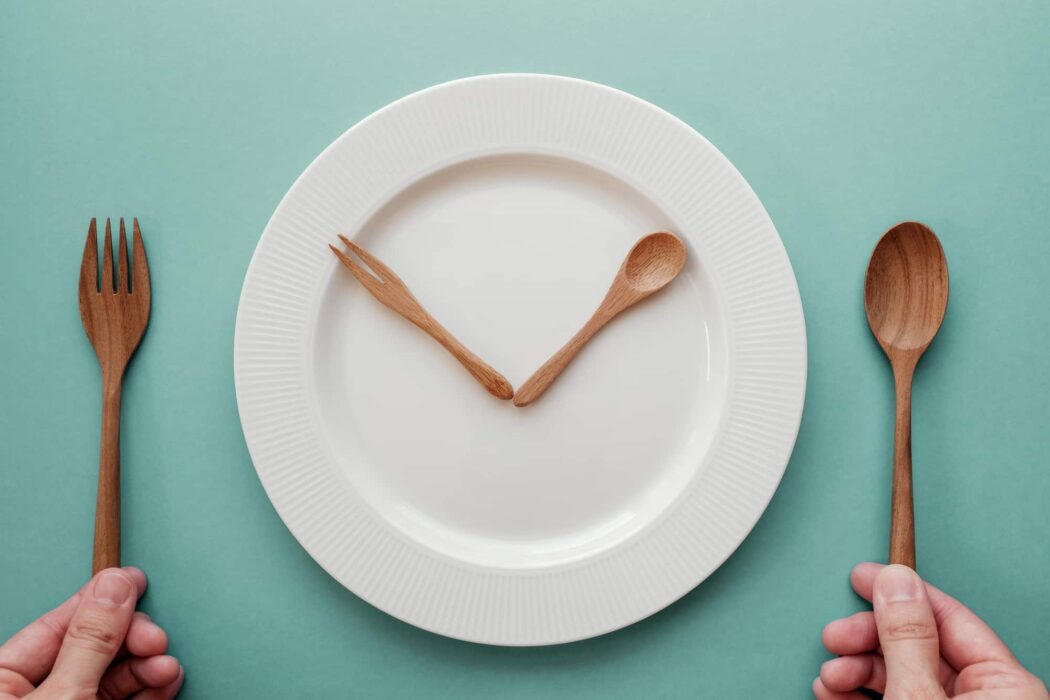If you are interested in the benefits of intermittent fasting, then you should learn more about the processes that take place in your body during the time without food. During fasting, the primary process is autophagy, which is the key to restoring health, weight loss, and slowing aging. What is autophagy, and what are its benefits?
Autophagy is a vital process during which cells in the body remove any unnecessary or damaged components. Autophagy cleanses your body and slows down the aging process, improving health and promoting easy weight loss. To start the autophagy process, you need to abstain from food for at least 16 hours a day. However, it is not so simple.

What happens to your body during autophagy? What triggers autophagy? How long to fast for autophagy? Let’s take a closer look at these issues. So keep reading to find out more!
What Is Autophagy?
All living organisms are in the process of constant renewal, and the human body is no exception. It consists of trillions of cells. Each of them has its life cycle, which one day ends naturally or as a result of external influence. After that, the cell no longer functions normally or does not work at all, and the body must get rid of this burden. This cleaning process is called autophagy. Translated from Greek, it means “eating yourself.” It sounds weird, but it is an essential and beneficial process for your body. Autophagy is not actually the “removal of garbage” from the body but the “sorting of waste” and “recycling” of some of them. In the process of autophagy, the body is cleansed of harmful, damaged, or no longer needed substances. Also, it converts them into new “building material” and energy for cell renewal.
Intermittent Fasting 14/10: Lazy Weight Loss Plan
Autophagy is a regulated process by which the cells in your body destroy damaged parts or foreign components. The cells can then recycle useful chemicals for other purposes. It allows autophagy to benefit your body in several ways:
- regulate the balance of protein composition in the cell,
- prevent the accumulation of toxic waste products,
- maintain the function of cellular organelles,
- remove invading pathogens,
- save cells during periods of low energy consumption due to starvation.
Basically, autophagy is the creation of a “trash bag” (autophagosome) that collects cellular components and then delivers them to the “recycling center” of the cell (lysosomes), where they are divided into parts and can be recycled into new components. Autophagy is usually triggered by a lack of nutrients in the cell.
The hormone insulin suppresses autophagy during such a deficiency, and the hormone glucagon can activate and improve this process. After eating, the person’s body releases insulin, and fasting triggers the release of the hormone glucagon as blood sugar levels begin to drop. In addition, glucagon stimulates your body to start using glycogen in the liver to raise blood sugar levels.

Autophagy Health Benefits
Researchers have linked autophagy to some of the health benefits. Here are the main ones:
- Some research suggests that autophagy can help the body fight cancer cells [1]. It is generally accepted that damaged cells become the cause of cancer. It happens because they begin to multiply uncontrollably and produce more and more of the same damaged cells. Autophagy can cleanse the body of those components that are not working correctly in time and, accordingly, can be one of the ways to prevent cancer and relieve symptoms.
- It is believed that autophagy helps liver cells to defend against damage caused by alcohol and other toxic substances [2]. Research has shown that accelerating autophagy can prevent many liver diseases, including the rare hereditary Wilson disease.
- Autophagy plays a vital role in the functioning of the immune system, helping the body get rid of toxins, viruses, bacteria, and other harmful organisms [3]. This way, during the autophagy process, your body becomes stronger and fights off various infections.
The processing and utilization of cellular material occur in the body constantly, but under stress conditions, they are accelerated. Stress, in this case, does not mean sleep problems or a hard day at work, but a lack of nutrients or oxygen in the body. In such a situation, the body goes into an extreme mode and processes conditionally unnecessary cells into energy to maintain an active lifestyle. According to various sources, autophagy helps people live a long enough time without food, from ten days to two months [4]. The body begins to “eat” itself. That is, it extracts energy from its cells.

Autophagy and Intermittent Fasting
How to start autophagy? Researchers also believe that specific meal plans can help kickstart the autophagy process. And one of them is intermittent fasting. It actively cleanses your body of old or damaged cells and stimulates the growth of new ones, promoting the work of all internal systems. Intermittent fasting is one of the healthiest ways to boost autophagy in the cells of your body. To better understand this issue, you need to figure out what exactly happens in the body when you are hungry.
Simple Weekly Meal Plan for Intermittent Fasting
So, when a cell is dormant and has enough nutrients, autophagy only destroys the damaged elements of the cell. During intermittent fasting, the body begins to process these elements for energy. The liver accumulates excess glucose in its cells in a unique polysaccharide – glycogen, which is a storage carbohydrate. During abstinence from food, blood glucose levels drop. The liver then converts the glycogen stores into glucose and releases it into the metabolism for energy production. When glycogen stores are depleted, the liver begins to break down excess fat in the body, converting it into ketone bodies, providing the body with energy. This process is called ketosis, and it is capable of activating autophagy with subsequent health benefits [5].
How Long to Fast for Autophagy?
Calorie restriction and long pauses between meals are stressful for the body. As a result, cells receive less energy than they need to function correctly. In response to this challenge, autophagy forces the body’s cells to cleanse and recycle any unnecessary or damaged parts [6].
For a better autophagy start, fasting should be continued for 16-24 hours [7]. Several basic intermittent fasting techniques are beneficial for refreshing and restarting your body:
- Fasting for 12 hours a day is pretty easy because most of that time is spent sleeping. This method is recommended for beginners.
- Fasting 16:8 means you can only eat eight hours a day. For example, breakfast at 10 am and dinner until 6 pm. The remaining 16 hours will be fasting time.
- Strict fasting two days a week, or rather reducing food intake for 24 hours (500 kcal for women and 600 kcal for men.) There should be breaks of at least one day between the days of fasting.
- Fasting every other day. An advanced version of the previous plan – you eat what you want for one day, then fast for one day, or restrict the number of calories.
- Completely fast for 24 hours, once a week. You cannot eat anything. Just drink water, tea, and other drinks that do not contain calories.
- The Warrior Diet, also known as a 20:4 or 23:1 fast, is an extreme option. You can eat once a day, better in the evening, but you can eat absolutely anything.

Contraindications to Fasting
Even a few hours of fasting is a huge stress for the body. It is recommended that you try new diets and dietary restrictions only after consulting your healthcare professional. You should avoid intermittent fasting under any of these conditions [8]:
- people with low body mass index or weight deficiency;
- children under 18 years old, pregnant and lactating women;
- those who have negative experiences associated with eating disorders, as well as complex psychological conditions – anxiety, depression, psychosis;
- people who lead a hyperactive lifestyle with a lot of physical work or sports activities;
- those who have problems with the stomach and digestive system – gastritis, ulcers, and other diseases;
- people with diabetes of any type.
Conclusion
Autophagy is the process by which the internal components of a cell, old and unnecessary, undergo degradation. This process occurs as a result of long pauses in nutrition. Thus, the cell starts the self-purification mechanism and gets rid of microbiological structures and decay products that have completed their tasks. When you are hungry and the cell has a small amount of energy, these processes occur much more intensively. The old protein is destroyed and becomes an energy source for the cells.
How Long Does It Take to Lose 50 Pounds on Keto?
To initiate the autophagy process pauses in meals must last at least 16 hours. Even small snacks are not allowed during this time. But this time is quite enough to rejuvenate the cells and thereby increase the body’s lifespan as a whole.
I recommend starting your intermittent fasting process gradually to avoid unnecessary stress on your body. Then, slowly increase your fasting intervals. You will find a comfortable fasting plan that will help you lose weight, improve your health and prolong the youthfulness of your body.
Sources:
- Xin Wen, Daniel J. Klionsky, At a glance: A history of autophagy and cancer, Seminars in Cancer Biology, Volume 66, 2020, Pages 3-11, ISSN 1044-579X, (https://doi.org/10.1016/j.semcancer.2019.11.005)
- Jessica A. Williams, Wen-Xing Ding, Role of autophagy in alcohol and drug-induced liver injury, Food and Chemical Toxicology, Volume 136, 2020, 111075, ISSN 0278-6915, (https://doi.org/10.1016/j.fct.2019.111075)
- Puleston, Daniel J, and Anna Katharina Simon. “Autophagy in the immune system.” Immunology vol. 141,1 (2014): 1-8. (doi:10.1111/imm.12165)
- Glick D, Barth S, Macleod KF. Autophagy: cellular and molecular mechanisms. J Pathol. 2010 May;221(1):3-12. (doi: 10.1002/path.2697) PMID: 20225336; PMCID: PMC2990190.
- McCarty MF, DiNicolantonio JJ, O’Keefe JH. Ketosis may promote brain macroautophagy by activating Sirt1 and hypoxia-inducible factor-1. Med Hypotheses. 2015 Nov;85(5):631-9. (doi:10.1016/j.mehy.2015.08.002) Epub 2015 Aug 10. PMID: 26306884.
- Bagherniya M, Butler AE, Barreto GE, Sahebkar A. The effect of fasting or calorie restriction on autophagy induction: A review of the literature. Ageing Res Rev. 2018 Nov;47:183-197. (doi:10.1016/j.arr.2018.08.004) Epub 2018 Aug 30. PMID: 30172870.
- Martinez-Lopez, N., Tarabra, E., Toledo, M., Garcia-Macia, M., Sahu, S., Coletto, L., Batista-Gonzalez, A., Barzilai, N., Pessin, J. E., Schwartz, G. J., Kersten, S., & Singh, R. (2017). System-wide Benefits of Intermeal Fasting by Autophagy. Cell metabolism, 26(6), 856–871.e5. (https://doi.org/10.1016/j.cmet)
- Harvie M, Howell A. Potential Benefits and Harms of Intermittent Energy Restriction and Intermittent Fasting Amongst Obese, Overweight and Normal Weight Subjects-A Narrative Review of Human and Animal Evidence. Behav Sci (Basel). 2017;7(1):4. Published 2017 Jan 19. (doi10.3390/bs7010004)